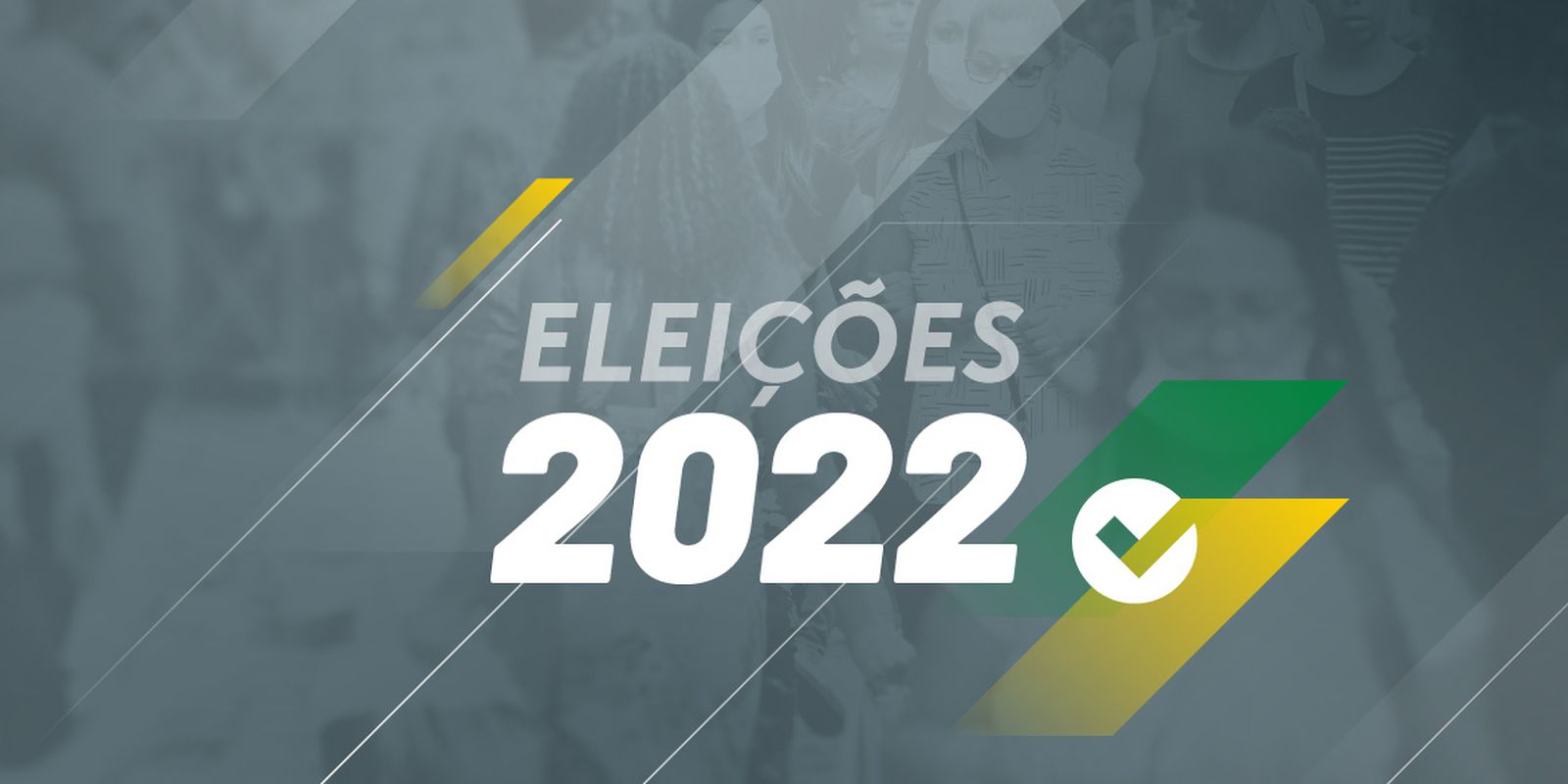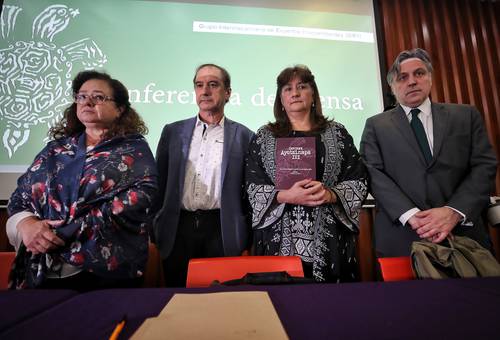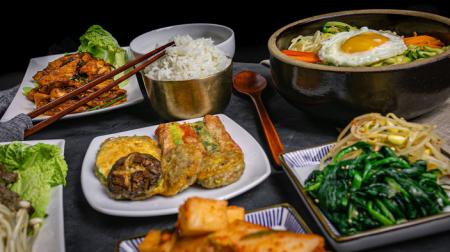On the day of the second round of elections, contested by the current president, Jair Bolsonaro, and former president Luiz Inácio Lula da Silva, voters in São Paulo have one thing in common: the desire to improve the economy, with income generation so that everyone has access to basic products for survival, such as food.
Among those interviewed by the Brazil Agency, most point out the difficulties to obtain income and, consequently, to buy basic necessities. The areas of education, health and public security are also remembered by citizens as important points to be observed by those elected for the next term as president of the Republic.
Elisângela Esteves dos Santos, a 46-year-old cashier, said she hoped that food prices, especially basic basket products, would improve and become accessible to the lower-income population. “The business is a disgrace. We don’t even have money to buy a packet of rice. It also needs to improve education and health, which is in total precariousness”.
Housewife Edileuza Alves Batista dos Santos, 40, also hopes that prices in general will fall, allowing the poorest population to have access to food and essential products. She said she has several friends and acquaintances outside the job market who are not even able to buy a package of noodles for their children.
The retiree who did not want to say his age and only identified himself by his first name, Fernando, believes that today’s country is not the way it should be. “I hope for a better country, that our representatives take more care of public safety, because the people need it. People are afraid to go out on the street. That they also take care of our economy, that they look out for the people.”
The self-employed truck driver, João Maria, 32 years old, looks forward to fulfilling the promises of improvement for the country. He highlighted the area of work in which he works and said that there is a shortage of service, making his life and that of his family more difficult. “I have two children, my wife works, and even so it is difficult. It is difficult to maintain the cost of my truck”, he pointed out.
18-year-old student Thiago Rodrigues de Aquino said he was not optimistic about the future. “It will not be easy from now on, especially when analyzing the global geopolitical scenario, with the war in Ukraine, with a possible oil crisis coming. So, I believe that Brazil will not come out of this crisis very well”, he concluded.
In the entire state of São Paulo, there are 34,667,793 voters eligible to vote, of which 25,353,534 are in the countryside and 9,314,259 in the capital. Of the total, 18,395,545 are female, 16,255,921 are male and 16,327,000 are classified as undefined.
















